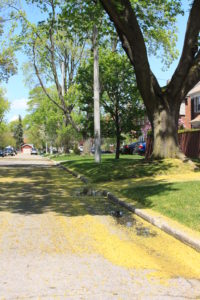 May 14: Today there are zillions of lime-green Maple florets in the street. In some places they are like a fuzzy green carpet. Soon they will be replaced with zillions of Maple keys as Spring continues to expand into Summer. But right now, I’m reminded of a day decades ago when those little greenies lay thick on the ground.
May 14: Today there are zillions of lime-green Maple florets in the street. In some places they are like a fuzzy green carpet. Soon they will be replaced with zillions of Maple keys as Spring continues to expand into Summer. But right now, I’m reminded of a day decades ago when those little greenies lay thick on the ground.
I was 17. It was the day when I took delivery of my very first motorcycle – my very first vehicle of any kind. I think it cost about $600 and I had worked part time for several years gathering the money to buy it.
It was a bit of a surprise that my parents had agreed to let me have a motorcycle, even though I’m sure that safety was a huge concern for them. People – particularly young people – had discovered small and cute motorcycles (“You meet the nicest people on a Honda” was an advertising campaign of the day.) and they were riding them with very little experience. Drivers did not encounter many “real” motorcycles at that time, and they were not particularly careful around these small newcomers. Safety standards, and helmet laws, were lax or nonexistent so many, many people were getting hurt or killed.
I visited the Yamaha dealer on a routine basis throughout the Winter to make sure that the bike was still there. And finally, as Spring approached, my Dad and I went down to the shop on Birch Avenue and bought it. Although it’s hard to believe now, I think that my 100 cc Twin Jet was the largest displacement bike among my group of friends, although I know I was soon pushed off the throne by other much larger bikes – 150 and 180 cc monsters.
Finally, on a day after school, I went down to  the shop and picked up the bike. The first ride was back to Inglewood Drive where everyone was hanging around. I was so proud and happy as I rode up the street to join them on the corner, under the Maple tree, surrounded by a carpet of green. I remember it as a very happy time. I had a privileged life: I had no real responsibilities beyond cutting the grass at home, and enough money for gas. Although I worked part time over the Summer, I had enough time off to head to the cottage for a couple of weeks, I had a woman who could be called my girlfriend with a straight face, and many friends in the neighbourhood.
the shop and picked up the bike. The first ride was back to Inglewood Drive where everyone was hanging around. I was so proud and happy as I rode up the street to join them on the corner, under the Maple tree, surrounded by a carpet of green. I remember it as a very happy time. I had a privileged life: I had no real responsibilities beyond cutting the grass at home, and enough money for gas. Although I worked part time over the Summer, I had enough time off to head to the cottage for a couple of weeks, I had a woman who could be called my girlfriend with a straight face, and many friends in the neighbourhood.
We were on the cusp of transitioning from children to adults, and with apologies for overworking the metaphor, the transition of the Maple trees into bloom reminds me very much of those happy and carefree days.
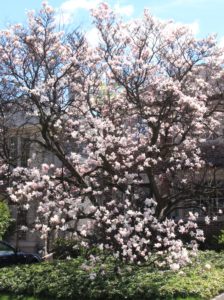
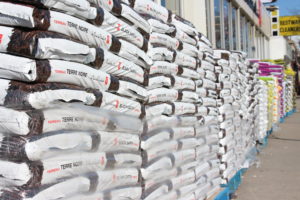




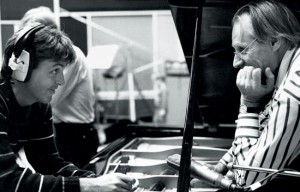
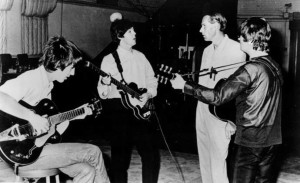
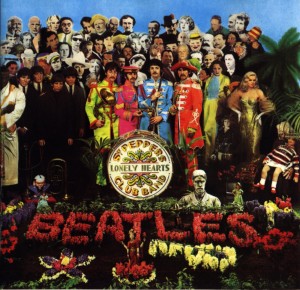

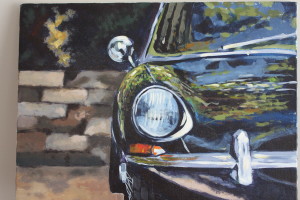

![IMG_2082[1]](http://www.david-mckillop.com/wp-content/uploads/2016/02/IMG_20821-300x200.jpg)